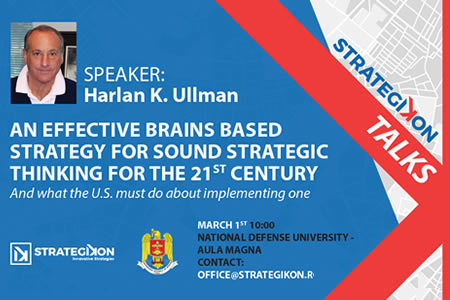There is a clear need to reform political leadership in Europe and America in order to strengthen democracy and citizen trust. This is involves policy and strategy issues but also an acknowledgement of the fact that political elites currently have a deficit of communication. Although an essential function of political life, elites’ public discourse has increasingly become jargon policy-oriented, meant to ensure international consensus, finds Strategikon’s latest study.
According to its authors, this has left the political elites of Western democracies in an entirely different framing than the simplified issue-focused discourse, fit for mobilizing the masses. Populists occupied the space, as a natural step. Political candidates increasingly show leadership deficits, focused on coalition building and electoral engineering, elites are no longer engaging the followers within and outside their organizations. Furthermore, divisive electoral confrontations show the predilection to exploit the public agenda for short-term gains, say our experts. Political leaders today tend to have a deficit of legitimacy, our leaders’ professional and political background is not entirely congruent with the systems of democratic election. Selection from narrow clusters makes for weak representativeness of deliberative and executive bodies. What are the solutions?




